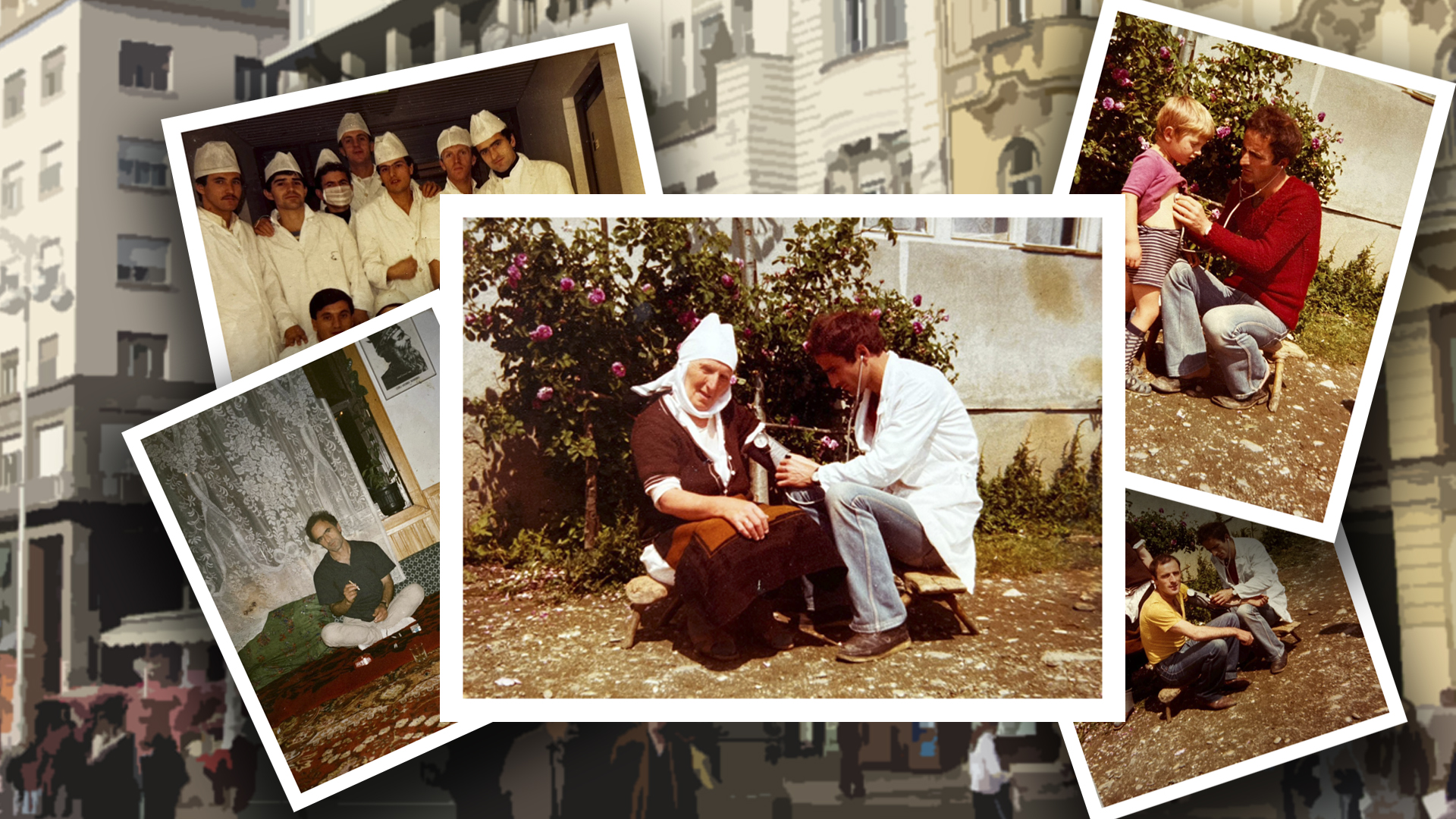
Letters from Zagreb, Whatsapp calls from Florida
Two generations of missing Kosovo from abroad.
At school he was teased for being a farmer, at home he was teased for going to school.
He told me he wished he could sit in the room filled with the smell of hand-rolled cigarettes and raki.

Erjona Gashi
Erjona Gashi is a third-year doctoral student and graduate teaching associate in the Communication Department at the University of South Florida. She studies organizational and intercultural communication and explores narratives, meaning making, and organizing in the context of the Kosovo War.
This story was originally written in English.